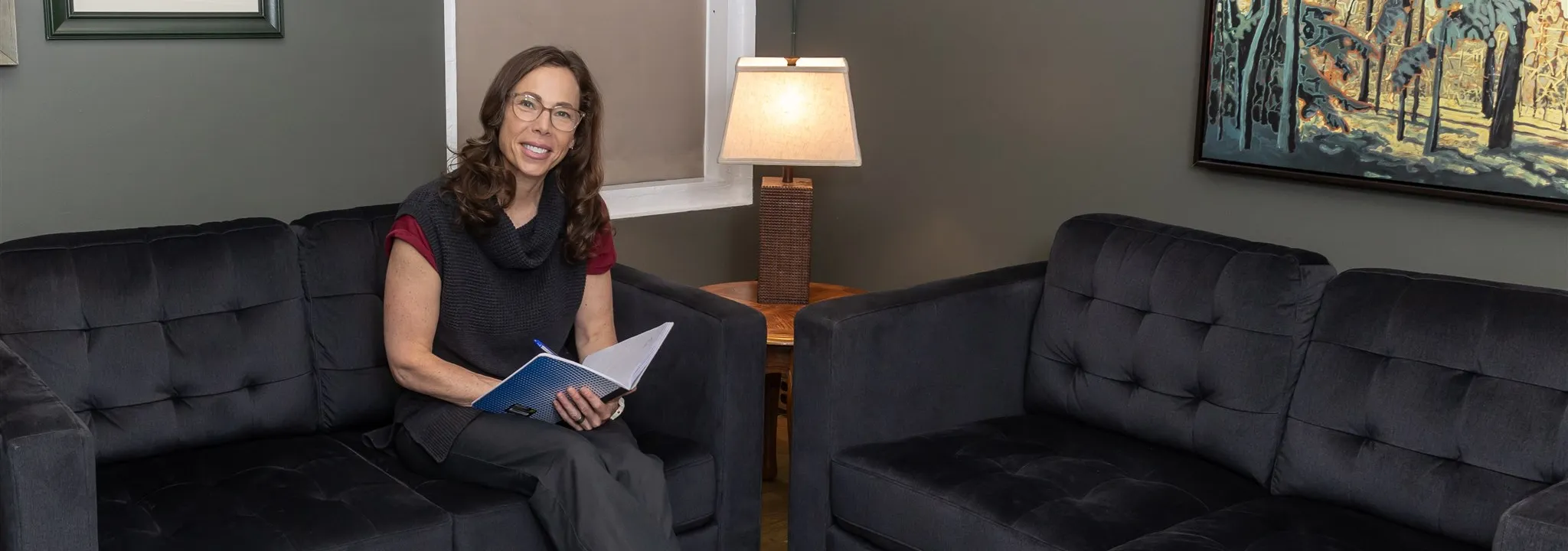
Andrew Huberman shows how personal gratitude and affirmations help the brain heal and build emotional balance.
The Neuroscience of Believing What You Say
When gratitude and affirmation feel personal, the brain begins to listen, believe, and heal.
Neuroscientist Andrew Huberman from Huberman Lab explains that gratitude and affirmation only change the brain when they are emotionally real. Simple lists such as “I’m grateful for my home” or “I am strong” do not engage the deeper emotional circuits of the brain.
Regions like the medial prefrontal cortex and anterior cingulate cortex are responsible for empathy, emotional safety, and positive connection.
To activate these areas, gratitude and affirmation must come from a lived experience that holds true emotion.
Why Personal Stories Matter
Research shared through Huberman Lab essentials shows that gratitude rooted in meaningful stories, such as a moment of giving or receiving help, helps calm the nervous system and lower inflammation.
These stories strengthen neural pathways that support resilience, trust, and well-being.
The Power of Believable Affirmations
The same is true for affirmations.
They are most effective when believable and connected to real growth.
Phrases like “I am becoming more resilient” help the brain accept new beliefs and build confidence more easily than absolute statements such as “I am fearless.”
Connection Between Therapy and Neuroscience
In therapy, this idea mirrors how people learn to feel safe, valued, and capable of change.
Insight alone is not enough unless the body also feels it.
Personalized gratitude and affirmation practices help create alignment between thoughts, emotions, and actions.
This alignment can reduce anxiety, self-criticism, and depressive thinking by shifting focus from rumination to connection and agency.
When Emotion Feels True, Healing Begins
Real change happens when the story feels true.
When the emotion is genuine, the brain believes it, and that belief supports healing.
Karyn Dowdall on Applying These Insights
Gratitude and affirmation are powerful tools when they come from a place of truth.
If you would like guidance in making these ideas part of your daily life, I offer online counselling to clients across Canada and in-person sessions in Lindsay, Ontario. Together, we can create space for calm, connection, and lasting emotional balance.
Book a session or learn more, contact Karyn Dowdall at KDRP Counselling.
Areas of focus include:
- Anxiety
- Depression
- Gratitude
- Affirmation
- Narrative Therapy
- Cognitive Behavioural Therapy (CBT)
Related FAQs
Andrew Huberman is a neuroscientist and host of the Huberman Lab Podcast, where he shares science-based tools for mental and physical health.
He teaches that gratitude works best when it feels authentic and emotionally meaningful, not forced or routine.
Affirmations are most effective when they reflect real progress and believable self-growth.
Personalized gratitude and affirmations calm the nervous system and help the brain focus on safety and connection.
Reflect on real moments of gratitude or strength and use affirmations that feel true to your current experience.
